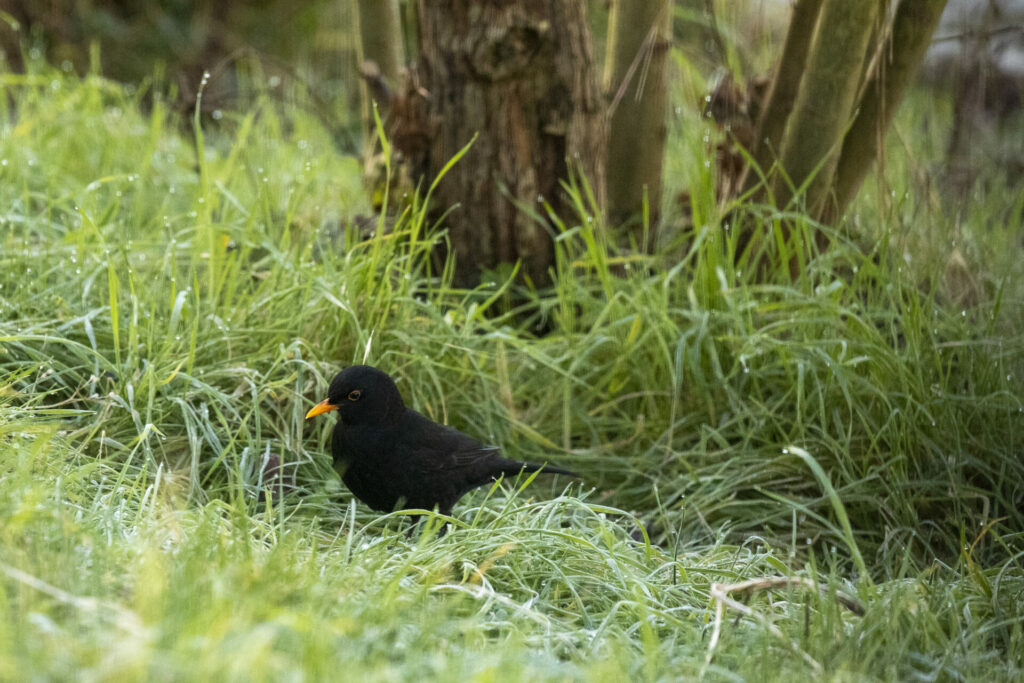With record-high temperatures for the month of Autumn this October, many experts are ringing the alarm bell with regards to the consequences this may have on harvesting and wildfire preservation.
Temperatures during October have reached around 22°C in Belgium with early November expected to be cooler but still around a mild 15°C, hardly your typical Autumnal weather.
"It's actually quite exceptional," says David Dehenauw, meteorologist, and supervisor at the Royal Meteorological Institute. "The average temperature record for October dates back to 2001 with 14.4°C. That average record may not be beaten but we will not be far from it. On the other hand, it is quite possible that daily records will be broken.”
This hot weather is due to "southern currents crossing from the Azores and subtropical regions of the Atlantic," comments the meteorologist. "That's why it's so mild. This is mainly due to the direction of the winds. If they came from the north, it would be different. But there is no denying that climate change also plays a role. Even if it is too early to draw conclusions. “
Can this unexpectedly mild climate have harmful consequences for the agricultural sector? "Overall, the potatoes were uprooted, and the apples were picked," says Marc Schaus, head of the edible horticulture sector at the College of Producers. "And we don't have any plantings going on right now.
In addition, even if it is dry, lately we have enough rain to compensate for the drought of the summer. Nevertheless, we must be vigilant because the vegetation can start again when it is not the typical autumnal temperature. This can cause problems if we get a night frost. On the other hand, winter cereals need a certain number of winter days to grow properly.”
Consequences on cultivating
"The changes we have observed in recent years have consequences on the cultural calendar," says Damien Rosillon, a researcher at the Walloon Agricultural Research Centre, in Gembloux.
"The summer harvest was done in advance. So, we sow in advance.
However, we must not forget that we faced frosts in late September-early October. So, it got colder. It is inevitably too early to say the impact these changes will have on the season. We will see at the end of the winter, in March-April.”
This almost summer heat in October nevertheless brings good news, according to Damien Rosillon. "The grass in the grasslands continues to grow," he says. "The drought of the summer has caused these grasslands to suffer a lot. The current amount of green grass makes up for the huge losses during that time.”
In the longer term, however, these changes could have far-reaching implications. They could cause discrepancies between distinct species, especially between plants, which adapt more quickly to global warming, and animals.
In a study by the Royal Society published in February, British researchers concluded that plants bloomed a month earlier than any time in the last century in Britain, because of global warming and therefore the lengthening of summer on spring.
According to these specialists, there may therefore be a mismatch between flowering, the presence of pollinators and the reproductive cycles of certain species – periods when they need food. In addition, other species could also lack the cold to succeed in developing normally and could thus disappear from certain regions.
Related News
- EU climate change causes €145 billion in losses
- European energy prices fall due to warm weather
- Current climate pledges insufficient to avert catastrophe, says UN
On the wildlife side, autumn is the season that allows animals to prepare for winter. Birds such as the grey crane, thrush or barn swallow take advantage of this period to store fat in order to migrate south and warm countries.
For their part, mammals such as bats must also ingest as much food as possible before entering hibernation for several months. If mild temperatures became more frequent in autumn, these biological mechanisms would be jeopardised.
Going from summer to winter, "could lead to an extensive loss of life," said Gérald Dupuy, wildlife studies officer at Gerea, a study office on the environment and biodiversity based in Bordeaux.
"This jump from one season to the other without experiencing an autumn would mean that species would no longer have time to prepare to migrate or hibernate."

